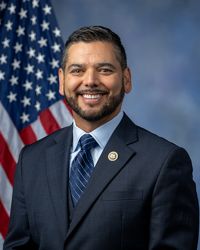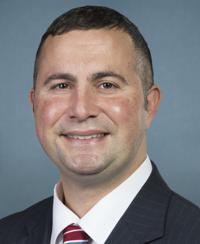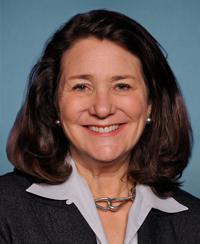0
Voices for Environmental Justice Act
3/8/2023, 7:58 PM
Summary of Bill HR 2431
The bill aims to ensure that these communities have a voice in the decision-making process when it comes to environmental policies and regulations. It seeks to provide funding for community organizations and individuals to participate in environmental decision-making processes, such as public hearings and regulatory meetings.
Additionally, the Voices for Environmental Justice Act aims to increase transparency and accountability in environmental decision-making by requiring government agencies to consider the environmental and health impacts on these communities when making decisions. Overall, the bill seeks to empower marginalized communities to have a say in environmental policies that directly impact their health and well-being. It is an important step towards addressing environmental justice issues and ensuring that all communities have a seat at the table when it comes to protecting the environment.
Congressional Summary of HR 2431
Voices for Environmental Justice Act
This bill authorizes the Environmental Protection Agency (EPA) to award grants to eligible entities to participate in decisions impacting the health and safety of their communities in connection with an actual or potential release of a covered hazardous air pollutant. Additionally, the bill authorizes the EPA to award grants to eligible entities to participate in decisions impacting the health and safety of their communities relating to the permitting or permit renewal of a solid waste disposal facility or hazardous waste facility.
An eligible entity must be a group of individuals who reside in a community that (1) is a population or community of color, an indigenous community, or a low-income community; and (2) is in close proximity to the site of an actual or potential release of a covered hazardous air pollutant.
Covered hazardous air pollutants include those listed on the Toxics Release Inventory or those identified as carcinogenic by an assessment under the Integrated Risk Information System of the EPA.




